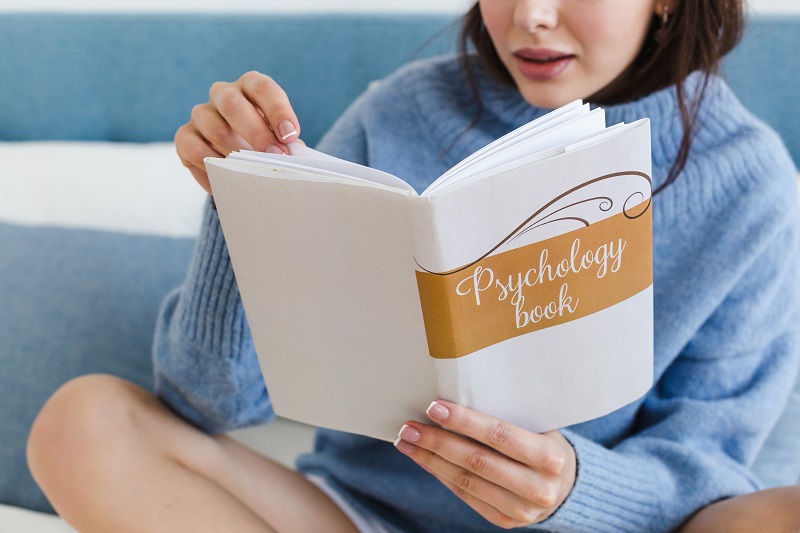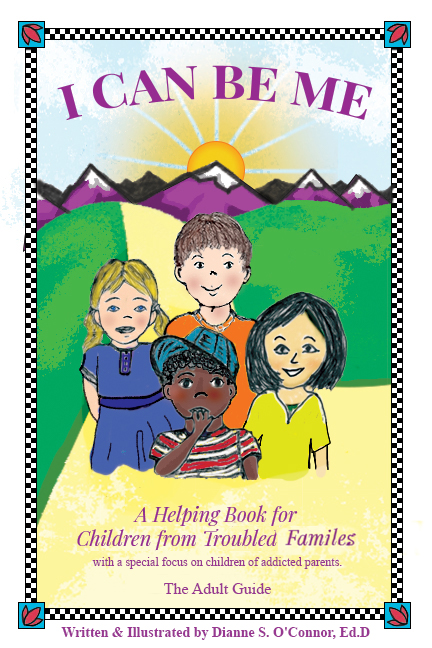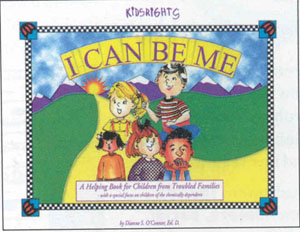Child Psychology Books
for
Children, Parents & Helping Professionals

Dr. O'Connor's Books
(this page is currently under construction)
Dr. O'Connor is updating, and completing a series of child psychology books and resources to help foster psychological well-being in children, adolescents and their families. These books serve as a catalyst to help enhance positive psychological outcomes in young people. Some provide psycho-educational support to address the various psychological challenges that plague children and their families. Whereas others point to preventative or healing interventions that can enhance psychological resilience in the young person. While others feature characters who serve as positive role models for children.
Dr. O'Connor's Child Psychology Books fall under the umbrella of "Bibliotherapy."
Bibliotherapy utilizes books to help people understand and solve psychological concerns that impact them. Reading material that is relevant the client is chosen to foster psychological well-being and competence in both children and adults.
Bibliotherapy rests on the premise that people, both young and old, identify with the story characters and their dilemmas. A
child, for example, who is grieving the loss of a parent, may benefit
from a story about another child whose parent has died. And will feel
less alone.
The concept of bibliotherapy has widened over time to include self-help manuals and books. The
goal of bibliotherapy, regardless of what form it takes, is to help
relieve psychological distress and stressors, and promote positive psychological
change.
Research indicates that bibliotherapy offers positive psychological benefits for both children and and adults.
Click on the links below to find out more about the child psychology books that interest you.
Child Psychology Books - Family Problems

I CAN BE ME supports mental health professionals, other helping professionals and parents who want to help children of addicted family members. Although I Can Be Me addresses family problems from the perspective of children whose parents and/or other family members are addicted, this book also supports children who are experiencing other family problems.
There are two versions of I Can Be Me, one a work book version for children aged 4 to 6, the other is for young people aged 7 to 12. These two versions of the book contain similar content, but differ in the presentation of the content.
Both versions of I CAN BE ME include a section at the beginning of the book for mental health professionals, parents and other helping adults who want to support children of addicted family members. This section provides the rationale that underlies their need for support, and outlines how to use the book to help children of addicted family members, as well as children who are experiencing other family problems. Both versions of I Can Be Me can be used individually with a child, or with a group of children in a support group setting.

The Children's Work Book for children aged aged 4 to 6 also serves as a colouring book and provides children with the therapeutic value that colouring offers, as well as the psychoeducational benefits of I Can Be Me. Colouring can help reduce stress and anxiety, improve focus and promote mindfulness, help calm the brain and relax the body.
Dr. O'Connor is currently updating both versions of this book.
Indicate your interest in I Can Be Me. Dr. O'Connor will contact you and let you know when it is available for sale.
Child Psychology Books - Promoting Resilience & Psychological Well-Being
In this section Dr. O'Connor offers a series of psychology books and resources to help promote psychological resilience and well-being in children. The characters in these books serve as positive role models for children. They also point to preventative or healing interventions that can enhance psychological resilience in young people and their families.
- The City Kids Build A Garden
- David's Bug
Child Psychology Books - Parenting Resources
In this section Dr. O'Connor offers a series of psychology books and
resources to help parents promote positive psychological outcomes in their children.
- How Is My Child Doing?
- How to Promote Positive Outcomes in Children.
Child Psychology Books-Family Court
Serving the Best Interests of Children and Their Families
In this section Dr. O'Connor offers a series of psychology books and resources to help the Family Court serve the best interests of children and their families.
School Neuropsychology-Serving the Best Interests of Children, Families & Educators
In this section Dr. O'Connor addresses psychological assessments in children, adolescents and young adults, and why it is often important to move beyond our reliance on the traditional psychoeducational assessment, and provide an depth, comprehensive school neuropsychological assessment to serve the best interests of a young person.